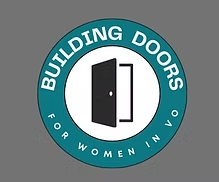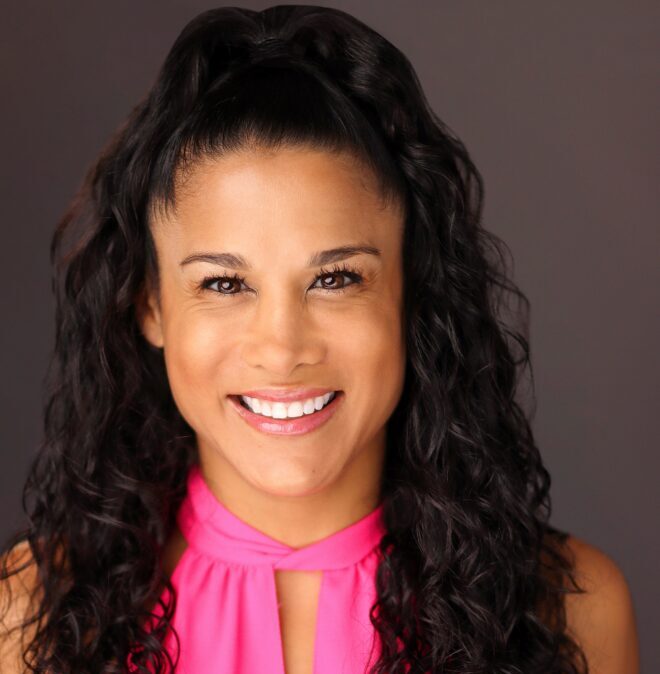To thrive as a voice-over artist, you must sharpen more skills than the ones you use behind the mic. Besides taking care of your voice and perfecting your craft as an artist, you need to become proficient as a business owner, which means excellent organization and superb focus. It’s one thing to be a talented voice-over artist, it’s quite another to be a professional creative entrepreneur with a booming voice-over business. Yes, you should still deliver quality deliverables, but you must also answer inquiries quickly, communicate effectively across language barriers and time zone differences, use your time efficiently throughout the week, and guard against burnout. This can be a tall order, and, in the end, your business skills will take you further than your voice-over skills alone. As Thomas Edison famously said, “Genius is 1% inspiration and 99% perspiration”. Relying on your voice acting genius (or talent) alone to build a successful business is a recipe for failure.
While there are many ways to get organized, I find, when coaching clients, that a lot of folks have a similar struggle when it comes to email and messaging. And this is an excellent place to start.

Working from home without a boss over your shoulder can be difficult for many. I often feel, since no one is there to see me work, that I have to prove that I’m working all the time.
Because of this, I used to answer every email and inquiry as soon as it came in, making sure clients knew I was ready and available and happy to take on their project. It turns out, this was a hugely inefficient use of my time. I’d be in the middle of a task that demanded my focus and then *ping*, a message would pop into my inbox and, like Pavlov’s dogs, I’d rush to answer it. This means I’d lose the focus I’d gained during my previous task, demand that my brain switch gears to ingest and respond to the email, then return to the task from before and have to reorient again to find my flow.
Now, of course, I’m not saying we should leave emails unanswered or inquiries unopened. We need those clients to book gigs and build partnerships. But we can’t allow email to become our evil overlord and let it interrupt us throughout the day. It works for us, not the other way around.
Here are some email guidelines I’ve created for myself to break free from this vicious cycle:
-
- Schedule email time into your day. I start and end each workday with 15-20 minutes reading and responding to email. Sometimes I need more, sometimes less, but having “email time” as part of my schedule helps me keep from panicking when a new email or message pops up. I also scan my inbox before or after lunch to see if anything urgent has come in.
- Respond within 24 hours. Responding immediately is sometimes too much pressure to put on yourself. And that pressure may make you respond in a way that you later regret, missing important information or forgetting to respond fully, which ultimately makes you appear unprofessional. However, I try to respond to all emails within 24-hours (or first thing Monday morning if I receive something on Friday afternoon) with one of three responses:
- Yes, I can do that. Thanks for your inquiry. I’d love to help you out here are my rates/demos/samples/etc. Let’s set up a call/Let me send over a contract/Looking forward to your response.
- No, I’m unable to accommodate you. Thanks for reaching out, unfortunately I’m booked solid right now and unable to take on more projects OR what you’re asking isn’t within my skill set but let me direct you to X/Y/Z who I think may be a good fit. Hope we can work together in the future.
- Thanks, I’ll get back to you. If I don’t know exactly what to say to an inquiry or message right away and need some time to think, I STILL respond within 24-hours to let the sender know I’ve received their message. I’ll say something like, “Thanks for reaching out. This week is a bit busy for me, but I’m interested in what you’ve requested. I will be able to answer your message fully by the end of the week.” Make sure to state specifically WHEN you’ll be able to fully respond so the sender can rest easy and wait for your reply. Then, of course, flag the message so you remember to fully respond when you said you would!
- Greeting and Signature (and GRAMMAR). I’m a huge advocate of professional and formalized email and messaging. A nice greeting stating the client’s name plus a signature at the end with your own name will help the recipient know they are worth a full response instead of just a slap dash quickly typed two sentence reply signed “sent from my iPhone”. Oh, and ALWAYS PROOFREAD YOUR EMAILS. A potential client may subconsciously (or consciously) judge a response riddled with typos.
Getting a handle over your email and messaging is a HUGE advancement in business organization that will certainly push you forward in building the voice-over empire of your dreams. Don’t let it rule you, let it work for you! You’re the boss. Email is one of your employees 😊





